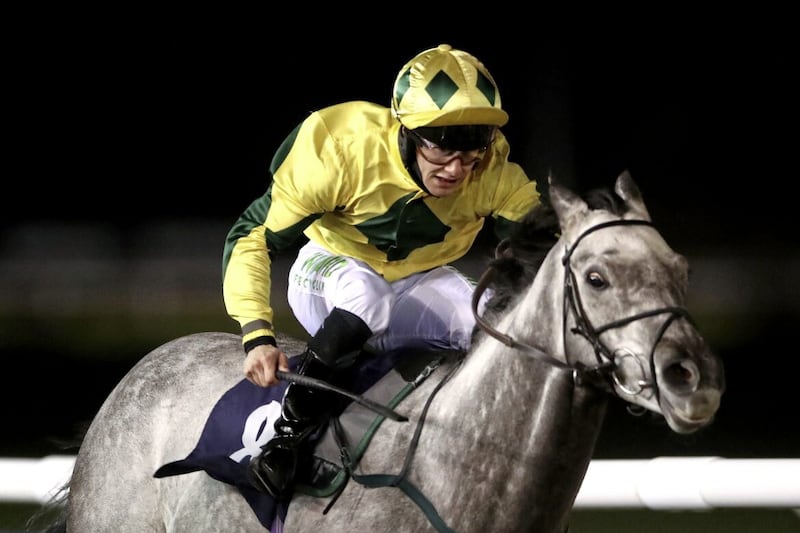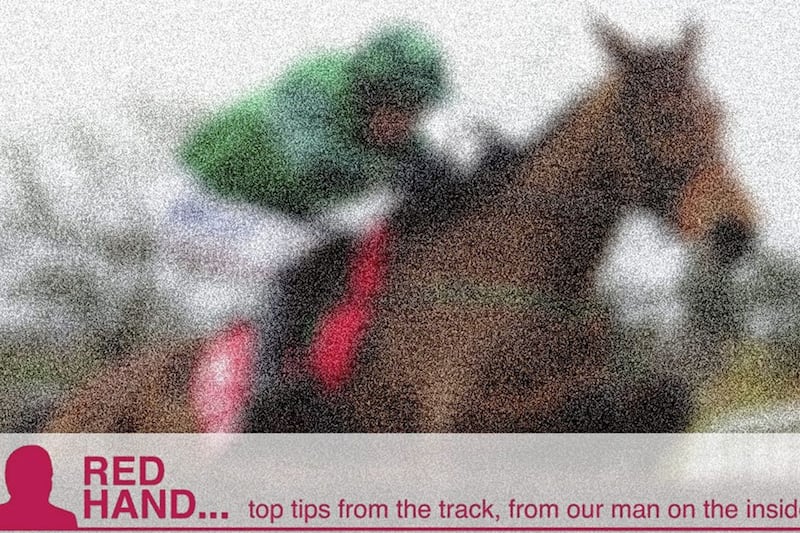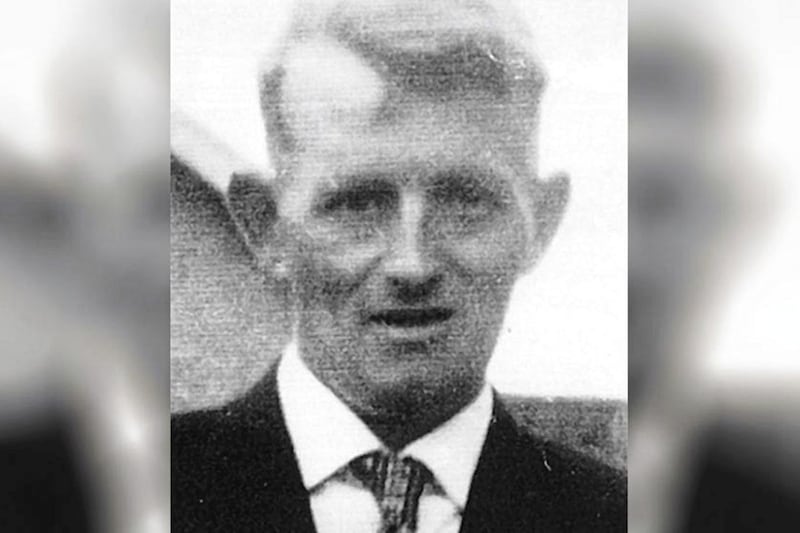THE unexplained halting of an investigation into the murder of a forestry worker is a scandal which goes to the highest levels of police and government, Dublin's High Court has heard.
Seamus Ludlow, a 47-year-old bachelor, was shot dead in disputed circumstances as he was returning home to Mountpleasant, Dundalk, from a pub in the Co Louth town on May 2, 1976.
His nephew has brought the family's four-decades-old fight against an alleged cover-up to the High Court, where they are seeking a declaration that the Irish government's failure to launch a state inquiry is unlawful.
A parliamentary committee in Dublin recommended more than 10 years ago that two commissions of investigation be held into the murder, after an official judge-led report damned the original Garda investigation.
The RUC told the Garda in 1979 that it believed four named loyalists were involved in Mr Ludlow's killing but the information was not pursued by the Garda at the time.
The murder probe was suspended without explanation three weeks after it started and a local garda told the Ludlow family he believed the orders to halt inquiries "came from Dublin", the court heard.
No-one has ever been charged with the murder.
In the first time the case has come before a court, Ronan Lavery QC, barrister for Mr Ludlow's nephew Thomas Fox, said a process to get to the truth was started but no-one can explain why it was stopped halfway.
"There are a lot of unanswered questions as to whether it was some sort of failure or something more deliberate and sinister," he said on Tuesday.
"No-one has been able to say why documents went missing and everything points again to some sort of cover-up, again up to the highest levels of the gardaí and the government."
The original investigation was headed by Superintendent Dan Murphy, now deceased, who led a team of 30 detectives from Dundalk and Dublin.
Family sources also told them an important line of inquiry was ignored by the gardai, namely that Mr Ludlow was murdered by either loyalist paramilitaries or the British Army, who were targeting a senior IRA man, in a case of mistaken identity.
The failure of gardaí to question a group of eight SAS men discovered in the Republic shortly after the murder during an apparent incursion was also criticised.
Mr Lavery told the court the family were subjected to "an orchestrated and persistent smear campaign" by gardaí against Mr Ludlow, who claimed he was killed by the Provisional IRA for being an informer.
Furthermore, it was put about that some members of the family knew about the planned murder beforehand, a rumour which tore them apart for decades.
There remains a strong suspicion of collusion in the case, the court was told.
Two suspects identified by the RUC were serving members of the Ulster Defence Regiment, a unit of the British Army.
Mr Ludlow's brother-in-law, the late Kevin Donegan, who lived in Northern Ireland, was "kidnapped and airlifted to Bessbrook British army base" where he was quizzed for more than hour by a British army officer about the Garda investigation into the murder.
Mr Donegan had been contacting the Garda regularly for updates on the case at the time.
Barrister Mr Lavery said the family has never been given a good reason for the justice minister's failure to establish a commission of investigation.
"To halt an inquiry in the middle of it simply raises more suspicion and more doubt on the effect on the rule of law and on the institutions of the state," he told Justice Mary Faherty.
"We say there may be three reasons why this process of investigation has been halted.
"The first might be in that in 2006 when the state was in financial meltdown if you like, resources would have been an issue.
"That may have been a reason, we don't see it as lawful reason, in terms of the rule of law it would be illegitimate in light of the gravity of the scandal that has been unearthed.
"Second may be the continuation of a process of cover up to halt this investigative process. One could understand that as reason but it would not be a lawful or good reason.
"Thirdly, the reasons given by the minister, which we say simply don't stack up at all - they are not rational, one can see a rationale behind the first two reasons but not the third."
Mr Lavery said no comfort could be taken from a Garda probe into its own original investigation, while an apology for shortcomings did nothing to explain the many unanswered questions.
He also rejected the minister's claims that a new inquiry would not get to the bottom of the case, saying evidence doesn't just present itself without investigation.
In his affidavit, Mr Fox said Mr Ludlow's mother had died without knowing the truth of her son's death, while the rest of his immediate family had become too old or frail to carry on the campaign.
"So it has been left to my generation to continue this fight for truth," he said.
"They desperately seek the truth before they also die."
The case continues.





